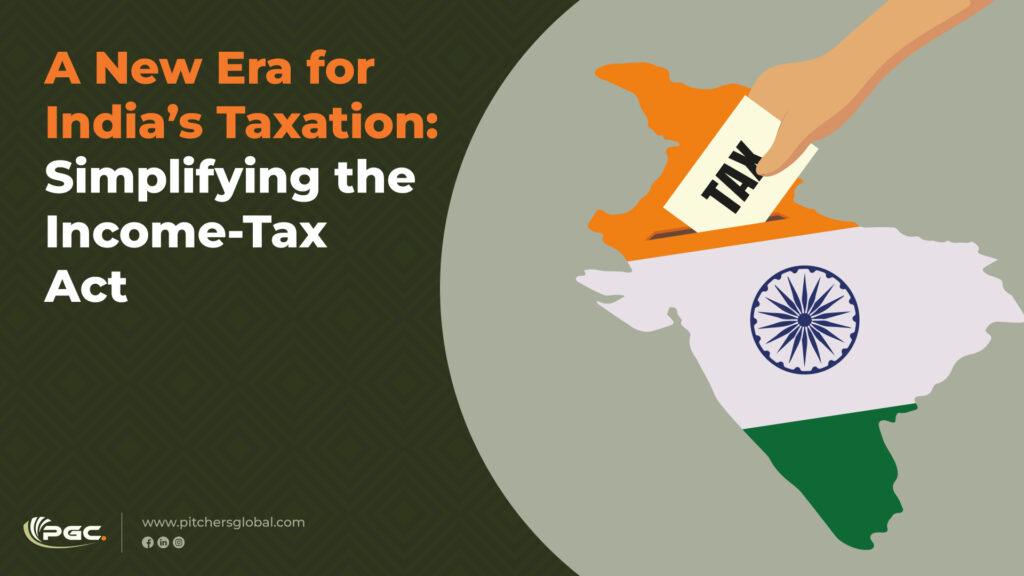In her July 2024 budget speech, Finance Minister Nirmala Sitharaman announced a comprehensive review of the Income-Tax Act to simplify the tax code, reduce compliance burdens, and enhance clarity for taxpayers before the next budget. So, in this article, we are going to talk about simplifying Income-Tax Act for you
A New Era for India’s Taxation: Simplifying Income-Tax Act
Simplifying the Current Law

Introduced in 1961, the Income-Tax Act has become complex with 23 chapters, 298 sections, and over 1,000 sub-sections. The proposed direct tax code aims to simplify language, improve taxpayer services, and reduce litigation, making compliance easier and more intuitive.
Modernizing the Law

India’s economic landscape has changed significantly since the Act was drafted. Despite numerous amendments, the law hasn’t kept pace with these changes. The review seeks to update the tax code to better reflect current economic realities, promoting growth and fairness.
Learning from the Direct Tax Code, 2009

The Direct Tax Code (DTC) of 2009 introduced provisions like POEM and anti-avoidance rules, aligning India’s tax laws with international practices. The new review will build on these foundations, further integrating global best practices.
Streamlining Personal Income Tax

Reducing the number of tax brackets and adjusting slab rates could simplify personal income taxation. This approach was hinted at in the Direct Taxes Code Bill of 2010, which proposed wider slabs for incomes up to ₹25 lakh, aiming to make tax filing simpler and more transparent.
Rethinking Taxation of Savings

The government is also reviewing the taxation of savings, particularly the EET (Exempt-Exempt-Taxed) and EEE (Exempt-Exempt-Exempt) regimes, to align with evolving economic goals and encourage long-term investments.
Addressing Global Tax Avoidance

Global tax reforms like the BEPS action plan target artificial tax avoidance, but there’s a push for a more equitable international tax framework under the UN, with India advocating for fairer rules that don’t disproportionately benefit developed economies.
A Future-Ready Tax System

The overhaul of the Income-Tax Act is set to create a more transparent, efficient, and fair tax regime that supports India’s economic growth. Simplifying the tax code will reduce compliance burdens and help build a more robust and compliant tax base, making the tax system a true partner in India’s progress. Contact Pitchers Global to get an idea about simplifying the Income-Tax Act, and it will help you and your startup.
